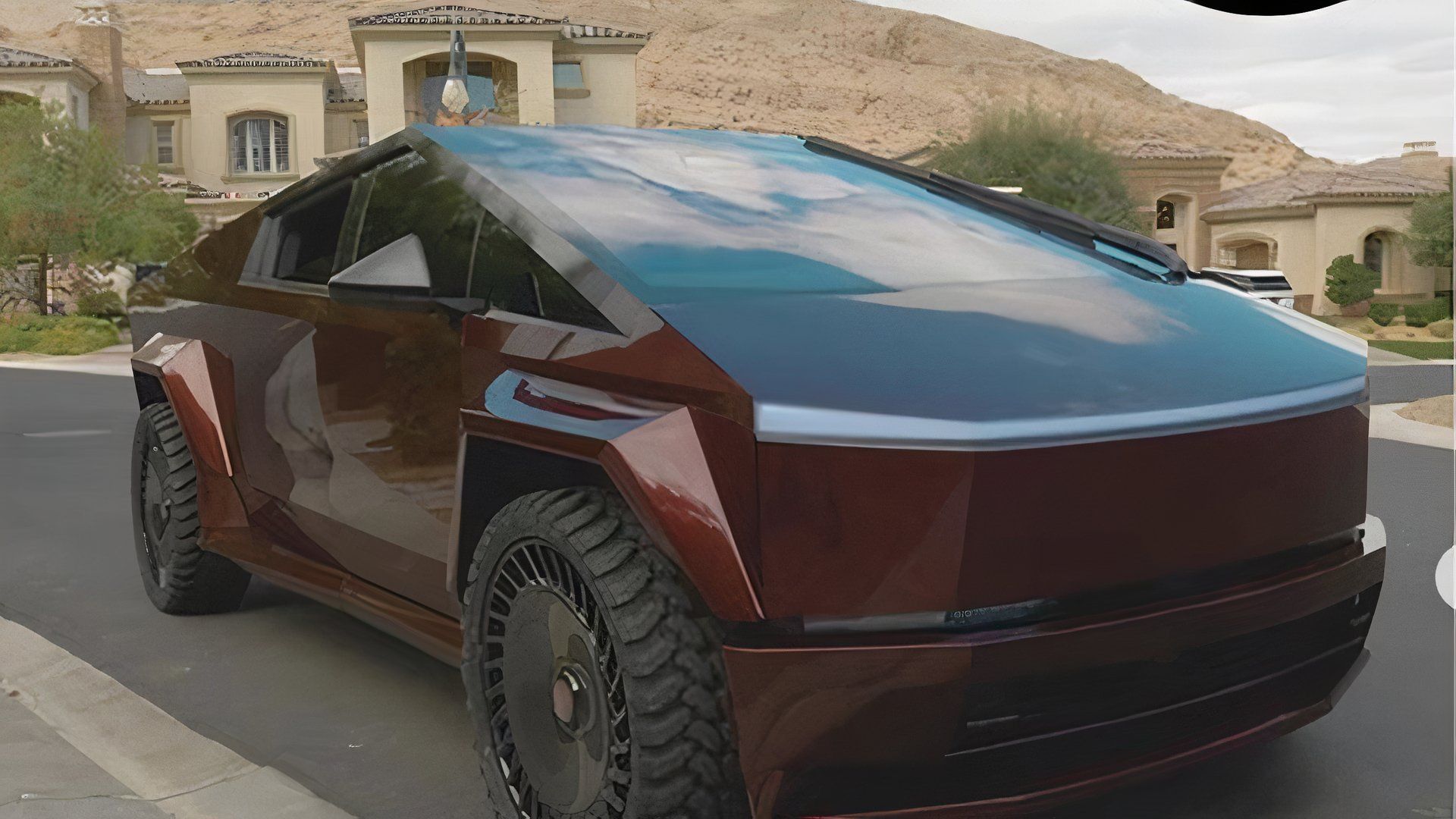President Trump is already getting the ball rolling on major changes now that the presidential election is over. One topic at the forefront of things is electric cars, which brings Elon Musk and Tesla into the conversation. Their interactions and the evolving policy landscape are poised to significantly influence the future of EVs in the United States. So, who stands to benefit from these changes, and who would lose? In short, Tesla could see less competition from American brands like Ford and GM, who have been pretty frank about the lack of profit from EVs so far.

Tesla
As far as automotive giants go, Tesla is comparatively a spring chicken. That said, it has not stopped the manufacturer going from strength to strength since its inception in 2003. Tesla’s electric vehicles have taken the world by storm, and since the debut of their first car model, the Roadster, they have proven that they’re here to stay, thanks to some incredible vehicles like the Model 3, and the Model X, not to mention their performance-oriented Plaid editions.
- Founded
- July 1, 2003
- Founder
- Martin Eberhard and Marc Tarpenning
- Headquarters
- Austin, Texas, United States
- Current CEO
- Elon Musk
Trump’s Stance on Electric Vehicles
Donald Trump’s return to the political arena has reignited discussions about his views on EVs. Historically, Trump has expressed skepticism toward electric vehicles, often criticizing their feasibility and the policies supporting them. He rolled back several environmental regulations promoting EV adoption during his previous tenure.
In his recent campaign, Trump pledged to dismantle President Joe Biden’s EV initiatives, including the $7,500 tax credit for EV purchases. Investopedia suggests this move could significantly affect the EV market, potentially slowing the transition from traditional internal combustion engines to electric powertrains.
At the helm of Tesla, the leading EV manufacturer in the US, Elon Musk has a vested interest in the policies shaping the industry. Musk has supported Trump’s plan to eliminate the EV tax credit. He believes removing these subsidies would disproportionately affect Tesla’s competitors, many of whom rely heavily on such incentives to offset losses in their EV divisions. Tesla, having achieved profitability in its EV operations, could gain a competitive edge as rivals face increased financial pressures without these subsidies.

Related
Shaq Just Got Another World First Widebody Tesla Cybertruck
Shaquille O’Neal now has three custom Cybertrucks.
Musk Joining The “Department of Government Efficiency”
President-elect Trump has appointed Elon Musk as an adviser to lead the newly formed “Department of Government Efficiency” (DOGE). This position gives Musk influence over federal policies affecting the EV industry. While this could benefit Tesla through potentially favorable regulations, it has also raised concerns about conflicts of interest and the impartiality of policy decisions.
The potential elimination of the EV tax credit and other supportive policies could have far-reaching effects on the industry, Reuters suggests. Automakers still in the early stages of electrification and relying on these incentives may find it challenging to compete, potentially slowing the overall adoption of EVs in the US. However, companies like Tesla, which have established a strong market presence and profitability, might navigate these changes more effectively, potentially consolidating their market position. In short, it’s good for Tesla and bad for everyone else.
As usual, this has people divided. Some think rolling back EV incentives could hinder progress toward reducing carbon emissions and combating climate change. Others say that removing government intervention could be good for the industry.

Related
This Is What Happens When A 1360-HP Koenigsegg Challenges Tesla Model X Plaid In A Drag Race
Former world’s fastest production car Koenigsegg Agera RS is pitted against 5,500-lb Tesla Model X in a shocking drag race.
Only Time Will Tell
A lot is still up in the air right now. Tesla, the top EV maker, is really the only automaker earning profits from EV sales in the US, while companies like GM and Ford lose money on every EV sold due to lower volumes. Tesla faced similar losses when its EV sales were smaller, but it is now highly profitable.
If the EV tax credit ends, EV prices might drop, reducing Tesla’s profits but not causing losses like those faced by legacy automakers. In response, some might scale back EV production to limit losses, potentially reducing competition and benefiting Tesla. The future of electric cars in the US is uncertain, but it isn’t looking good for anyone but Elon Musk and Tesla.

Google News
Add HotCars to your Google News feed.












